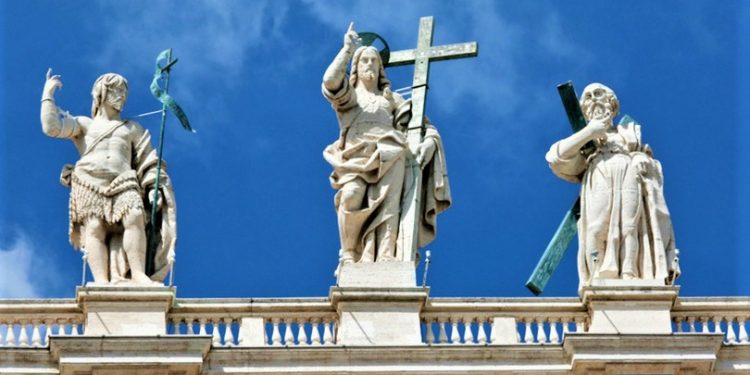The latest survey by the examined what Hungarians think about the functioning of the European Union and the importance of national sovereignty. Among the questions included in the research was what Hungarian people think about the importance of Christian culture and tradition.
Today, when the Christian tradition has almost become fashionable in the western half of Europe, the questioning and even denial of the common cultural basis, the research results published by Szazadvég the other day are particularly interesting...
...One of the questions in Századvég's research was: "Do you think Europe should rather preserve its Christian culture and traditions, or rather support a secular culture that goes beyond Christian traditions?"
The majority of respondents (71%) voted for the preservation of Christian traditions, while only 24% believe that Christian traditions should be overcome. 24 percent is perhaps depressingly high, but the more than two-thirds majority is encouraging.
More than seven decades ago, the XX. One of the most influential poets and essayists of the 20th century, the Nobel laureate TS Eliot , put it this way in a radio lecture addressed to a German audience:
"I'm not giving a religious speech and I don't want to convert anyone, I'm just stating a fact. I am not thinking of the spiritual community of today's Christian believers, but of the common Christian tradition that made Europe what it is; to the common cultural life elements that this common Christianity brought with it. /…/ Our arts developed in Christianity; until recent times, the laws of Europe were rooted in Christianity. Christianity is the background against which the meaning of all our thoughts emerges. "
Not so long ago, Robert Sarah spoke highly of some Central European countries. He said:
"God entrusted Europe with a special responsibility, and for many centuries Europe responded generously to this call. His current raging egoism would necessarily have its consequences. But I still believe in Europe, even though I am aware that its illness seems irreversible.
From the point of view of the old continent, the really tragic thing is not that it is no longer aware of its mission, but that it is less and less bothered by the fact that it does not have a mission. Human civilization is at stake, and European man has no remedy. He dances on the edge of the abyss.
At the same time, there are countries that are slowly waking up. Their voice matters. I am thinking of Poland, Slovakia, Austria and Hungary. So let's hope!"
The analysis of Századvég published the other day confirms the truth of the cardinal's last four sentences!
Source and full article: velvidek.ma













